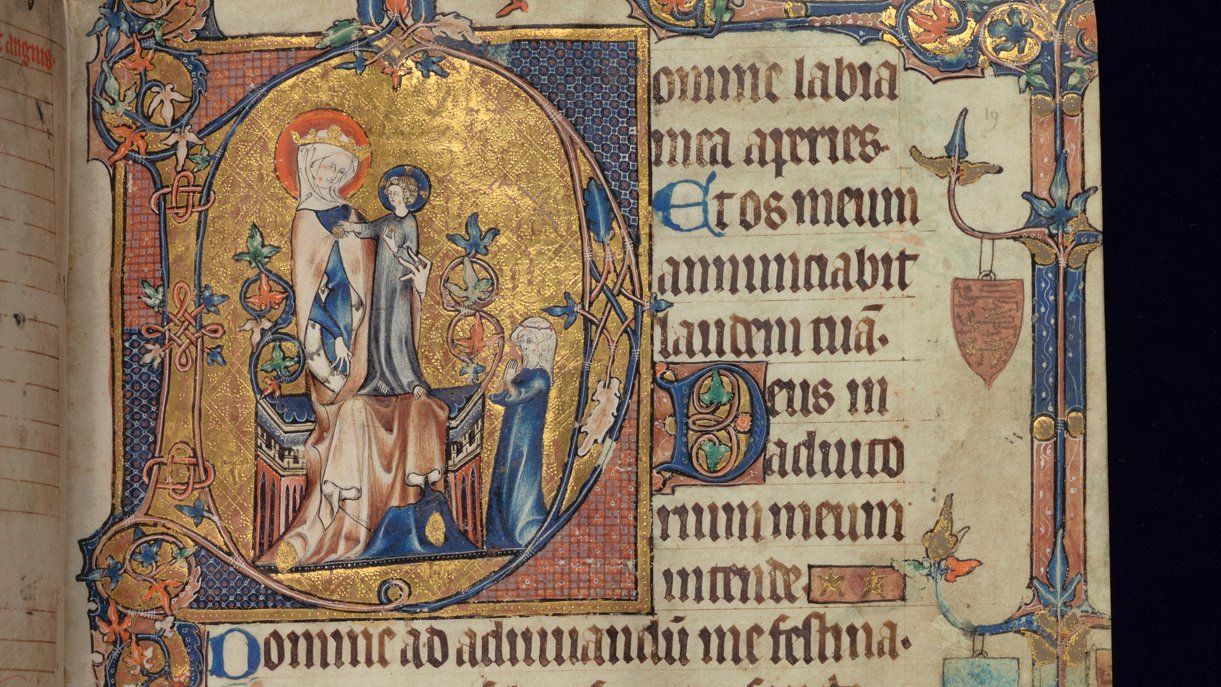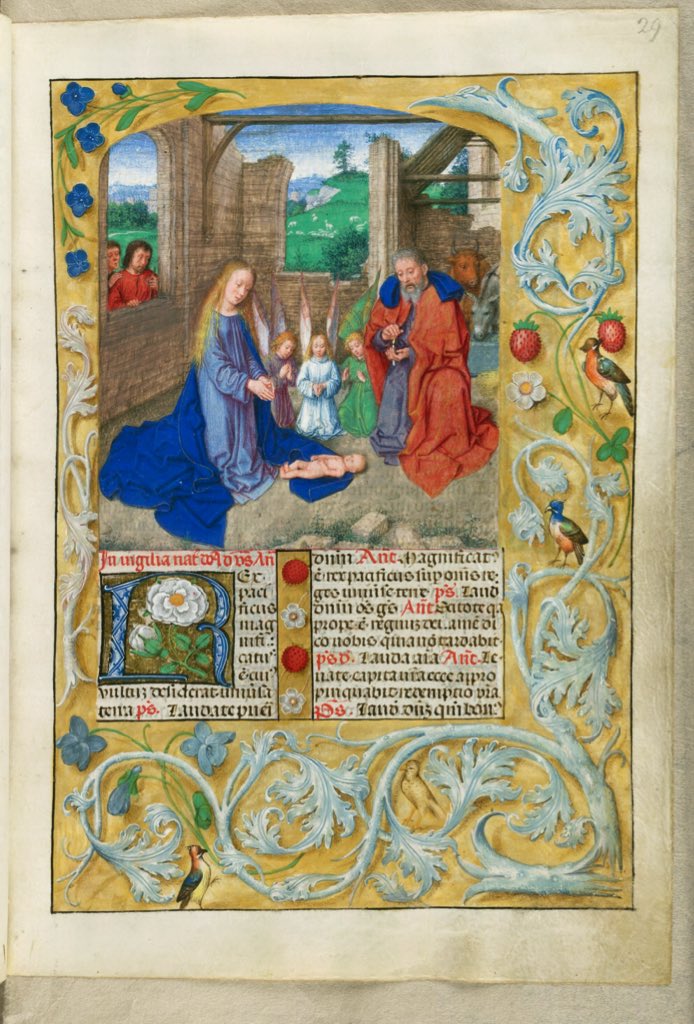
Sunday, 22 December 2019
Monday, 16 December 2019
Roman Names: an introductory note
A Roman aristocrat of the 1st century B.C.; the "classical" period most studied as history, and whose version of Latin we are taught at school, would normally have three names. Prominent examples are Caius Julius Caesar, his assassin Marcus Junius Brutus, and the dictator Lucius Cornelius Sulla.
The first of these was the personal name, and would probably only be used when a boy was spoken to by his mother, or when as an adult was addressed in a fully formal manner.
The second was the name of the tribe, or clan. Roman politics for many generations was dominated by a handful of great aristocratic clans, of which the Julii, Cornelii and Junii are examples.
The third is known as the "cognomen". It was often a kind of nickname, perhaps dating from centuries earlier, in a form of latin that had become archaic, to distinguish between the different branches of the great clans. A cognomen would be inherited, and as a result some became quite comical. Thus "Caesar" meant "hairy", whereas Julius Caesar was bald. The cognomen of Lucius Domitius Ahenobarbus meant "bronze-beard", whereas all Roman aristocrats of the classical period were cleanshaven. The famous orator and writer Marcus Tullius Cicero (who was not an aristocrat, but came from an obscure family of provincial gentry) bore a cognomen that literally meant "chickpea", probably indicating a prominent pimple or wart on the face!
An extra name, known as an agnomen, might also be awarded for some great military feat. At the end of the 3rd cetury B.C. the great general Publius Cornelius Scipio was awarded the agnomen of Africanus after his defeat of Hannibal at the battle of Zama.
Things were confused by adoptions and consequent changes of name. The most famous came about when Caesar, who had no son to succeed him, named as his heir his sister's son, called Gaius Octavius. This young man changed his name, first to Octavianus, and then to Gaius Julius Caesar; and in 27 B.C. the Senate granted him the agnomen of Augustus. He is usually called the first Roman Emperor (1), though in fact he neither he nor his immediate successors ever acknowledged any such title.
Augstus had no son, and his grandsons all died young, so for his military campaigns he relied upon his two stepsons, who came from the great aristocratic Claudii clan. They were the brothers Tiberius Claudius Nero Drusus (2) and Gaius Claudius Nero Drusus. After the death of Gaius, his son, another Gaius Claudius Nero Drusus, won significant victories on the Rhine frontier, and was granted the agnomen of Germanicus. His son acompanied the armies as a child, dressed in a miniature military uniform that caused the soldiers to give him the nickname Caligula ("Little boots") (3). The younger brother of Germanicus, another Tiberius Claudius Nero Drusus (4), sent the legions to conquer Britain in 43 A.D., and was given the agnomen of Britannicus. He himself adopted as his heir his stepson, Lucius Domitius Ahenobarbus (5), who duly changed his name to that of his stepfather.
Daughters would merely have a feminine version of their father's clan-name: thus Caesar's daughter was called Julia, Cicero's daughter was called Tullia, and so forth.
This proliferation of very similar names creates problems for historians, who therefore tend to settle on a single name for convenience. Thus Gnaeus Pompeius Maximus (the agnomen meaning "Greatest") is generally known as Pompey, and the five men indicated above by numerals are the first five Emperors, now known under the names of Augustus, Tiberius, Caligula, Claudius and Nero.
The first of these was the personal name, and would probably only be used when a boy was spoken to by his mother, or when as an adult was addressed in a fully formal manner.
The second was the name of the tribe, or clan. Roman politics for many generations was dominated by a handful of great aristocratic clans, of which the Julii, Cornelii and Junii are examples.
The third is known as the "cognomen". It was often a kind of nickname, perhaps dating from centuries earlier, in a form of latin that had become archaic, to distinguish between the different branches of the great clans. A cognomen would be inherited, and as a result some became quite comical. Thus "Caesar" meant "hairy", whereas Julius Caesar was bald. The cognomen of Lucius Domitius Ahenobarbus meant "bronze-beard", whereas all Roman aristocrats of the classical period were cleanshaven. The famous orator and writer Marcus Tullius Cicero (who was not an aristocrat, but came from an obscure family of provincial gentry) bore a cognomen that literally meant "chickpea", probably indicating a prominent pimple or wart on the face!
An extra name, known as an agnomen, might also be awarded for some great military feat. At the end of the 3rd cetury B.C. the great general Publius Cornelius Scipio was awarded the agnomen of Africanus after his defeat of Hannibal at the battle of Zama.
Things were confused by adoptions and consequent changes of name. The most famous came about when Caesar, who had no son to succeed him, named as his heir his sister's son, called Gaius Octavius. This young man changed his name, first to Octavianus, and then to Gaius Julius Caesar; and in 27 B.C. the Senate granted him the agnomen of Augustus. He is usually called the first Roman Emperor (1), though in fact he neither he nor his immediate successors ever acknowledged any such title.
Augstus had no son, and his grandsons all died young, so for his military campaigns he relied upon his two stepsons, who came from the great aristocratic Claudii clan. They were the brothers Tiberius Claudius Nero Drusus (2) and Gaius Claudius Nero Drusus. After the death of Gaius, his son, another Gaius Claudius Nero Drusus, won significant victories on the Rhine frontier, and was granted the agnomen of Germanicus. His son acompanied the armies as a child, dressed in a miniature military uniform that caused the soldiers to give him the nickname Caligula ("Little boots") (3). The younger brother of Germanicus, another Tiberius Claudius Nero Drusus (4), sent the legions to conquer Britain in 43 A.D., and was given the agnomen of Britannicus. He himself adopted as his heir his stepson, Lucius Domitius Ahenobarbus (5), who duly changed his name to that of his stepfather.
Daughters would merely have a feminine version of their father's clan-name: thus Caesar's daughter was called Julia, Cicero's daughter was called Tullia, and so forth.
This proliferation of very similar names creates problems for historians, who therefore tend to settle on a single name for convenience. Thus Gnaeus Pompeius Maximus (the agnomen meaning "Greatest") is generally known as Pompey, and the five men indicated above by numerals are the first five Emperors, now known under the names of Augustus, Tiberius, Caligula, Claudius and Nero.
Sunday, 1 December 2019
150 Years Ago!
Report on an election of November 1869, from the "Shrewsbury Chronicle":-
"The proceedings of the day were devoid of much of the drunkenness and disorderly conduct which has, too frequently, been witnessed on such occasions. The cause of this undoubtedly was that the successful candidates put themselves forward otherwise than by the old system of bribery and "open" public houses. Another reason was that the polling places were not, as formerly, held at public houses, a mode of conducting an election which could not but tend to bad results"
In November 1794 the same newspaper published a report that "No intelligence whatever has now been received from the British Army since Tuesday." This never fails to raise a smile nowadays. It did of course mean "no information", though in fact the Flanders campaign, which it refers to, was exceptionally badly planned and executed, and convinced the future Duke of Wellington, who was present, of the need to take military matters much more seriously.
"The proceedings of the day were devoid of much of the drunkenness and disorderly conduct which has, too frequently, been witnessed on such occasions. The cause of this undoubtedly was that the successful candidates put themselves forward otherwise than by the old system of bribery and "open" public houses. Another reason was that the polling places were not, as formerly, held at public houses, a mode of conducting an election which could not but tend to bad results"
In November 1794 the same newspaper published a report that "No intelligence whatever has now been received from the British Army since Tuesday." This never fails to raise a smile nowadays. It did of course mean "no information", though in fact the Flanders campaign, which it refers to, was exceptionally badly planned and executed, and convinced the future Duke of Wellington, who was present, of the need to take military matters much more seriously.
Subscribe to:
Posts (Atom)

